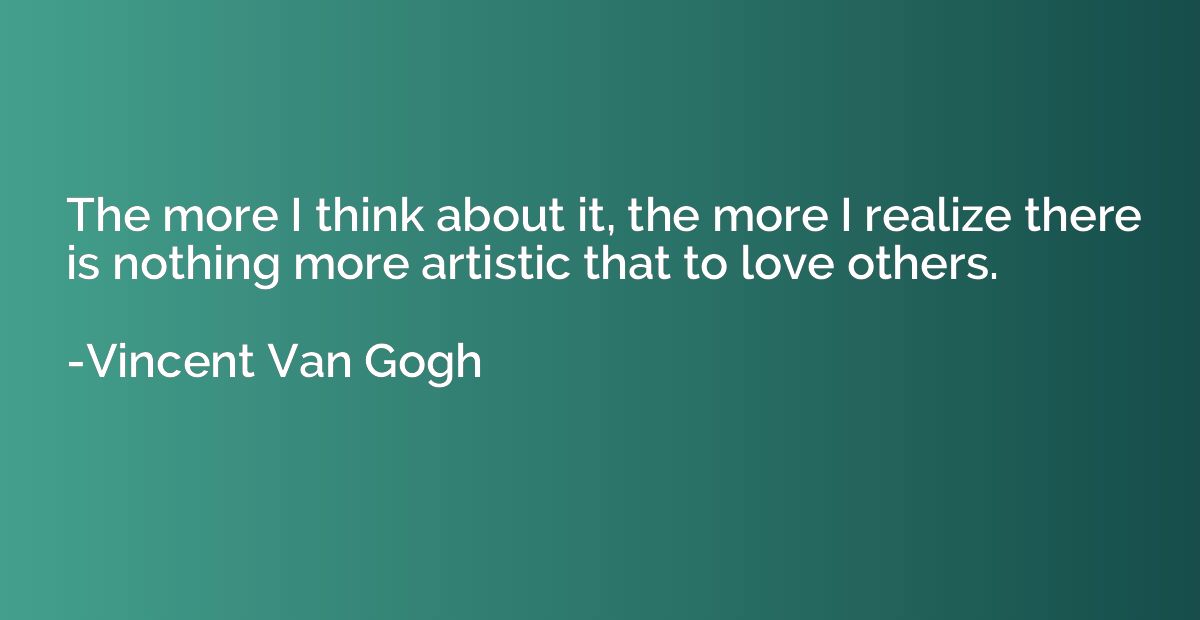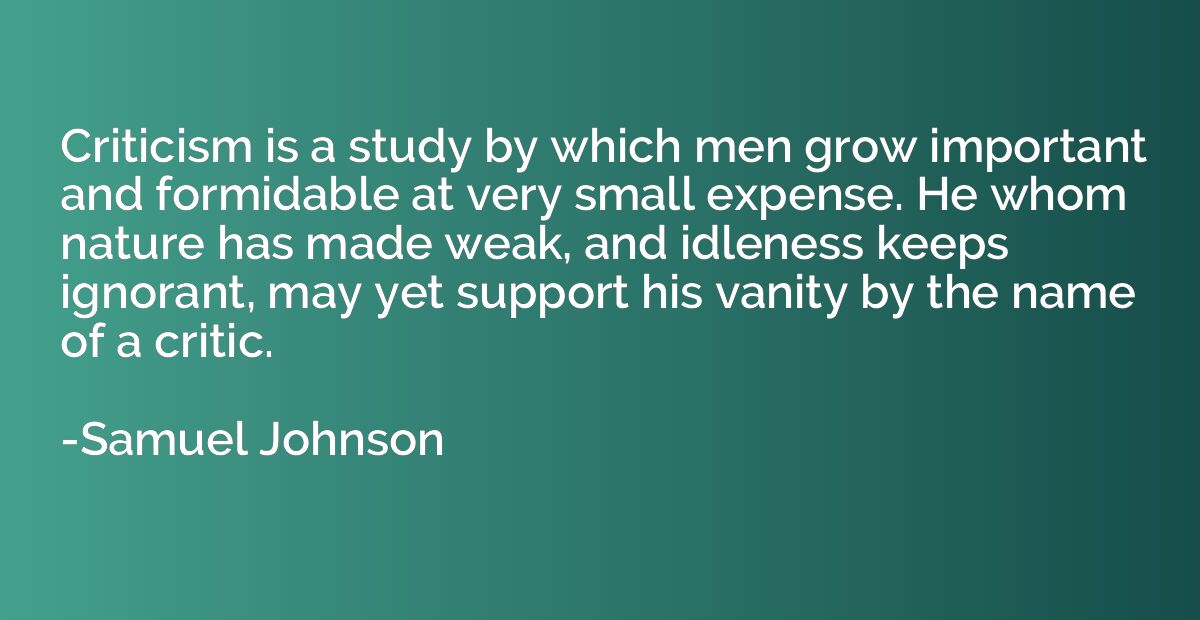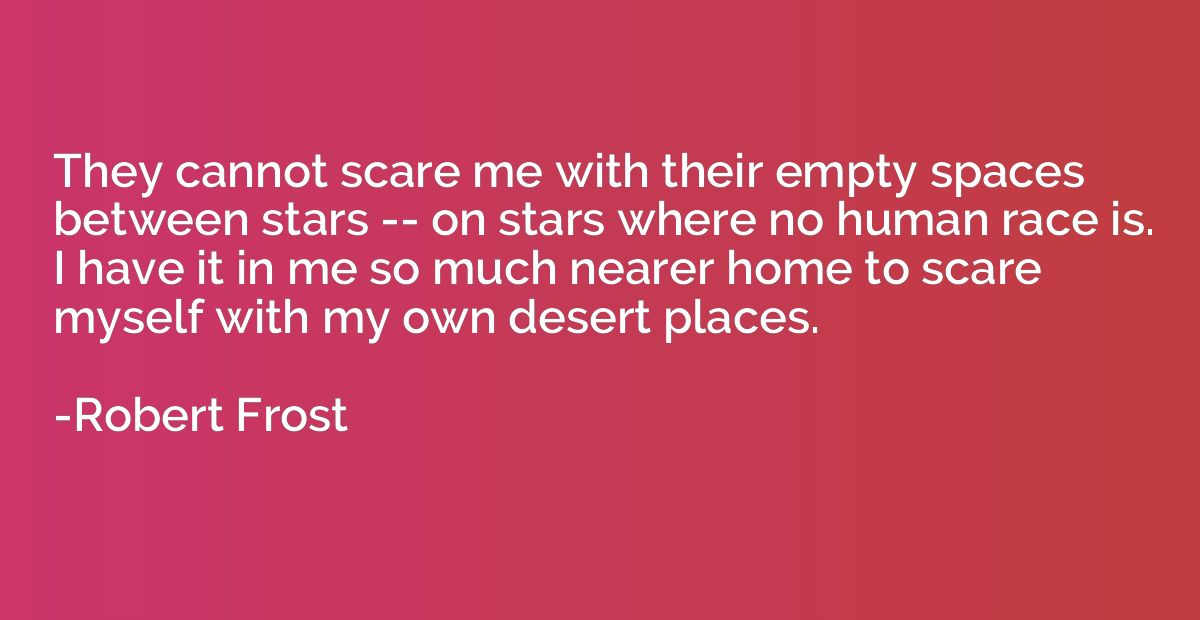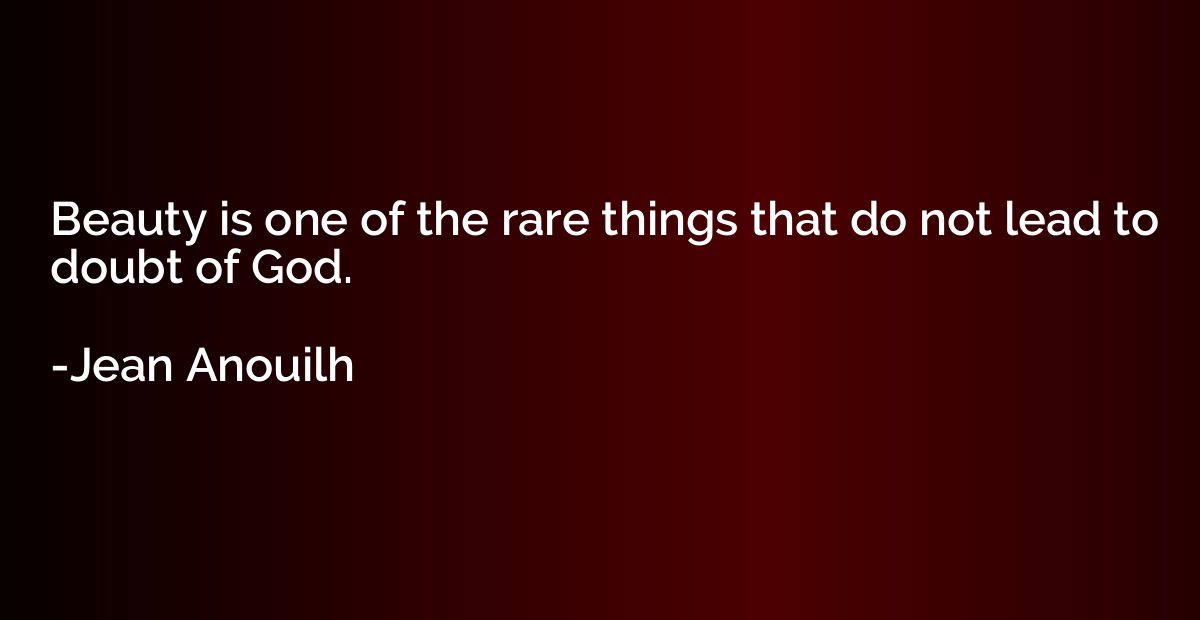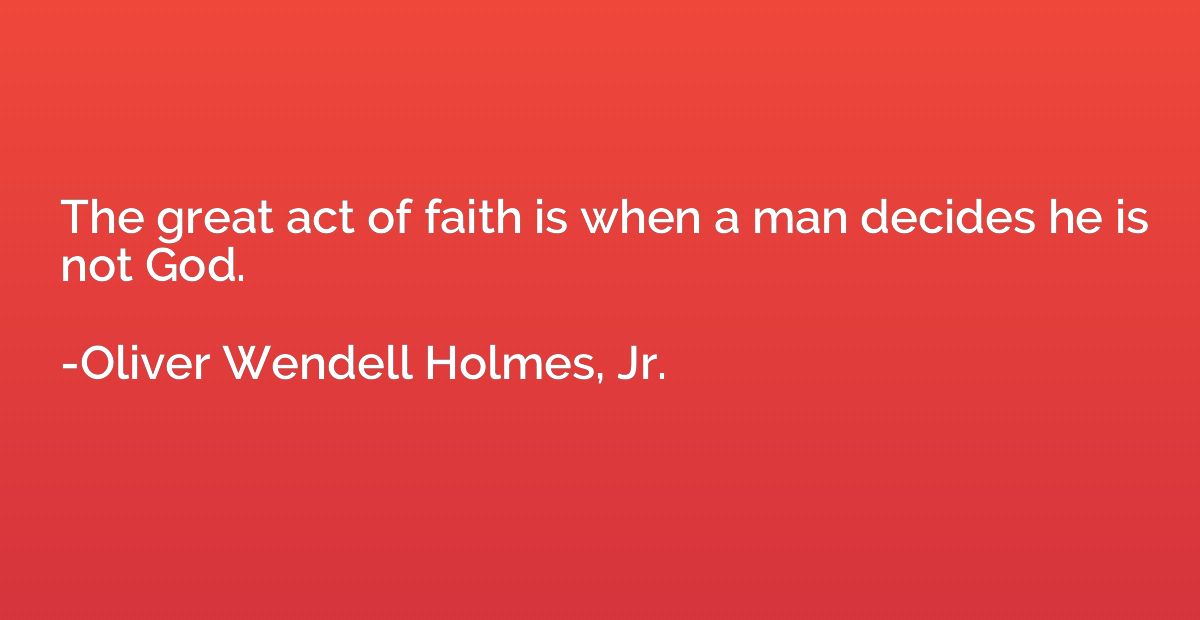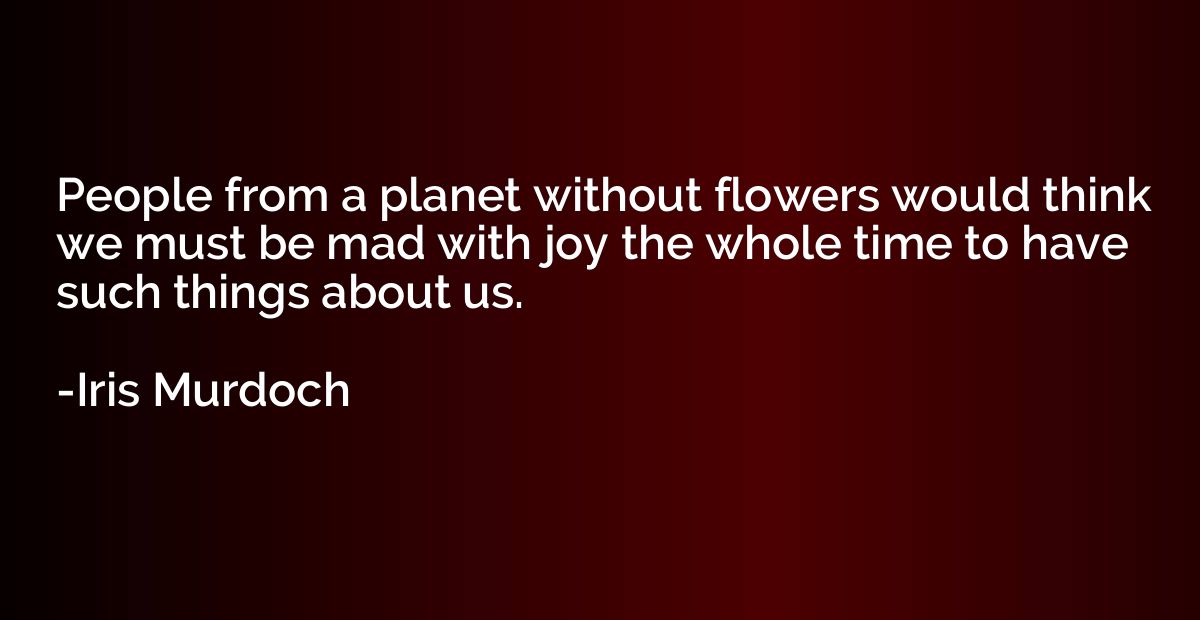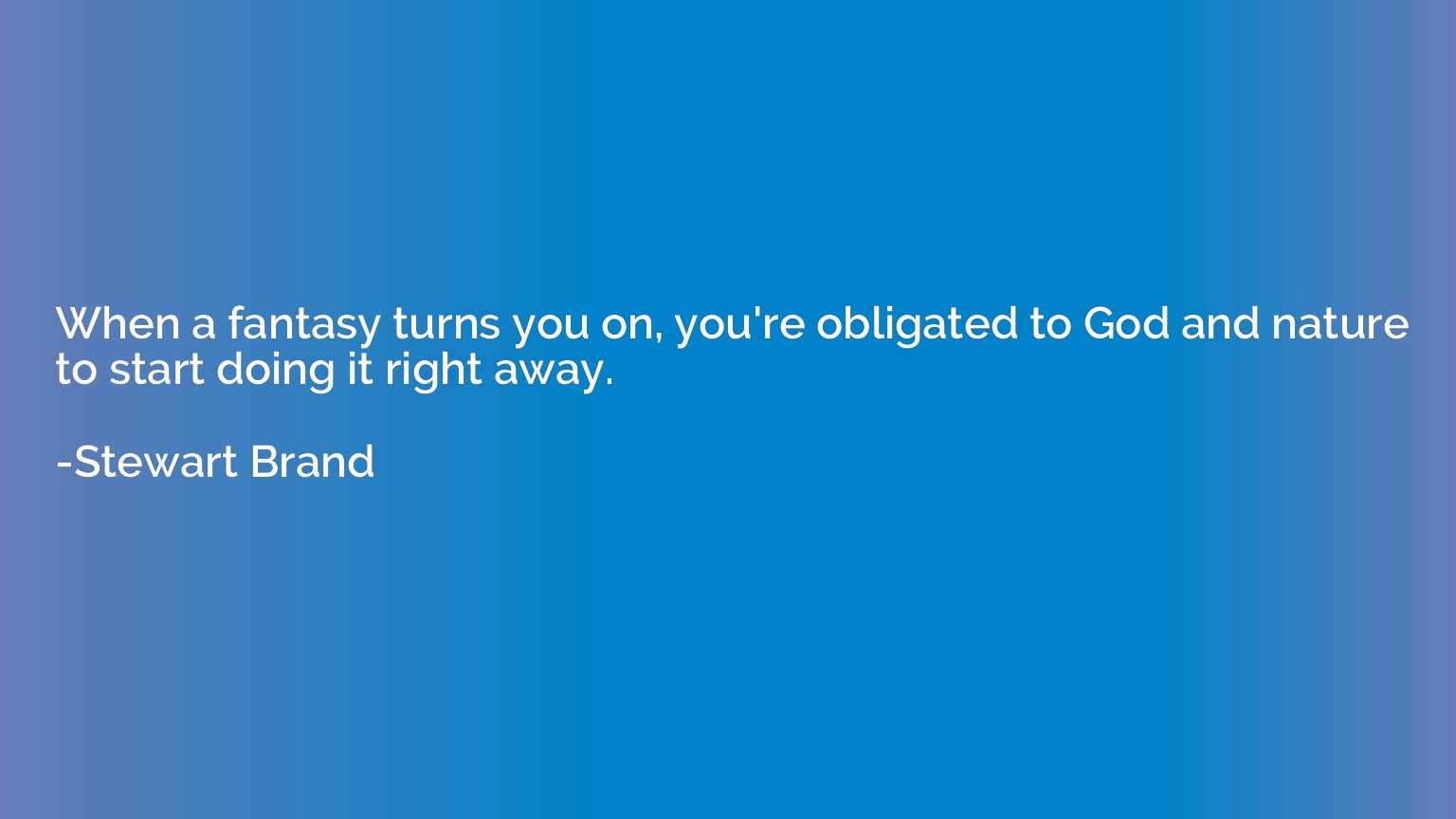Quote by Count Maurice Maeterlinck, Our S
At every crossway on the road that leads to the future, each progressive spirit is opposed by a thousand men appointed to guard the past. Let us have no fear lest the fair towers of former days be sufficiently defended. The least that the most timid among us can do is not to add to the immense dead weight which nature drags along.Let us not say to ourselves that the best truth always lies in moderation, in the decent average. This would perhaps be so if the majority of men did not think on a much lower plane than is needful. That is why it behooves others to think and hope on a higher plane than seems reasonable. The average, the decent moderation of today, will be the least human of things tomorrow. At the time of the Spanish Inquisition, the opinion of good sense and of the other good medium was certainly that people ought not to burn too large a number of heretics; extreme and unreasonable opinion obviously demanded that they should burn none at all.Let us think of the great invisible ship that carries our human destinies upon eternity. Like the vessels of our confined oceans, she has her sails and her ballast. The fear that she may pitch or roll on leaving the roadstead is no reason for increasing the weight of the ballast by stowing the fair white sails in the depths of the hold. Sails were not woven to molder side by side with cobblestones in the dark. Ballast exists everywhere; all the pebbles of the harbor, all the sand of the beach, will serve for that. But sails are rare and precious things; their place is not in the murk of the well, but amid the light of the tall masts, where they will collect the winds of space.
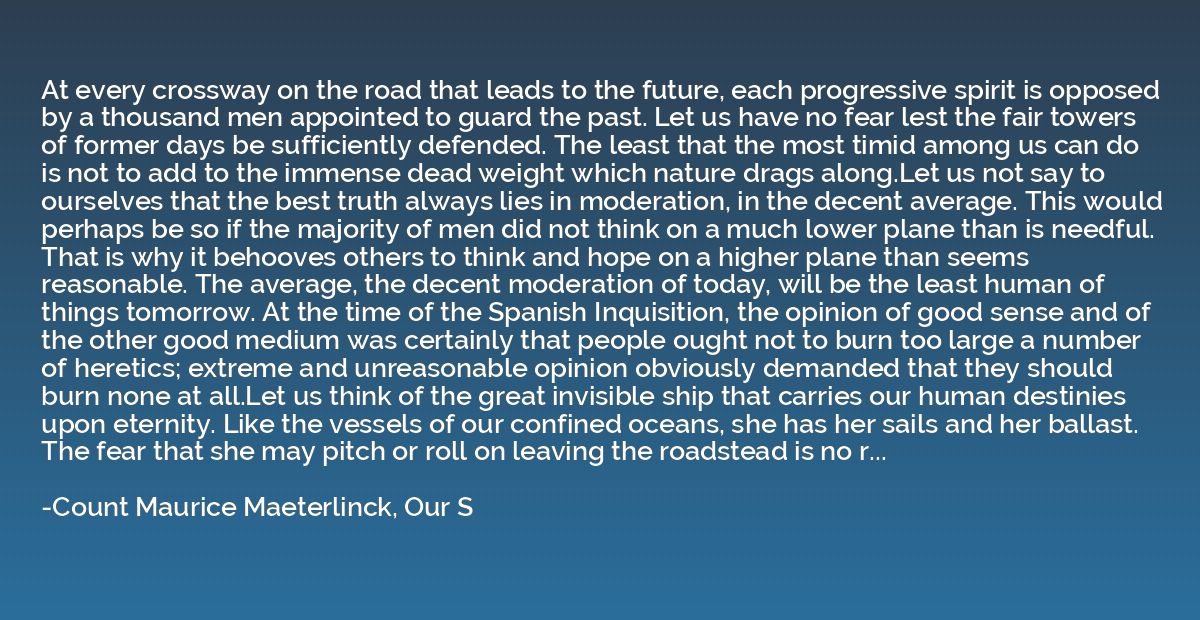
Summary
This quote by French philosopher and writer Maurice Maeterlinck highlights the resistance encountered by progressive individuals on their journey towards the future. Maeterlinck argues that at every turning point, there are numerous individuals appointed to guard the past, preserving traditions and normative perspectives. He urges us not to fear that the pillars of the past will go undefended but instead encourages us to avoid adding to the burden that holds us back. He discourages settling for moderation and average thinking, suggesting that it is necessary for some to think beyond reason and hope for a higher plane of understanding. Maeterlinck uses the metaphor of a ship to emphasize the need for progress and innovation, urging us to let our ideas soar and not succumb to complacency.



